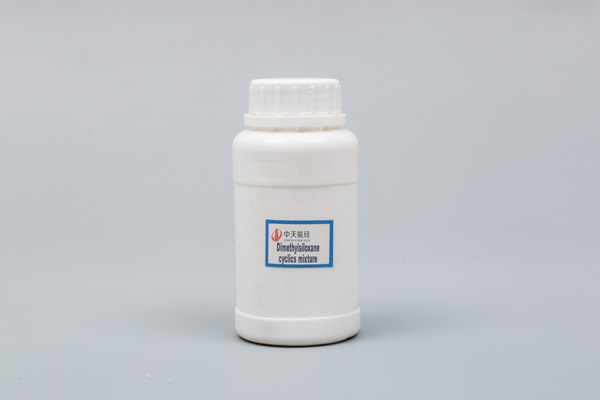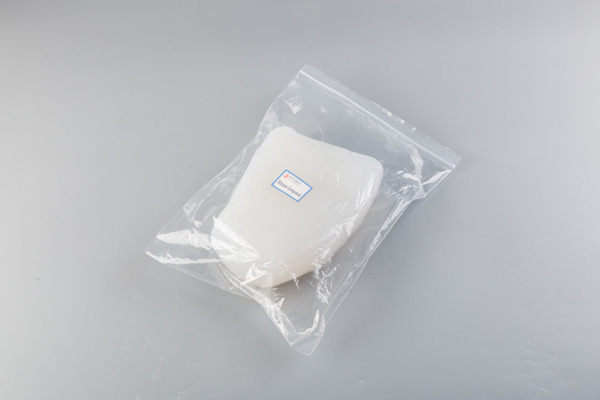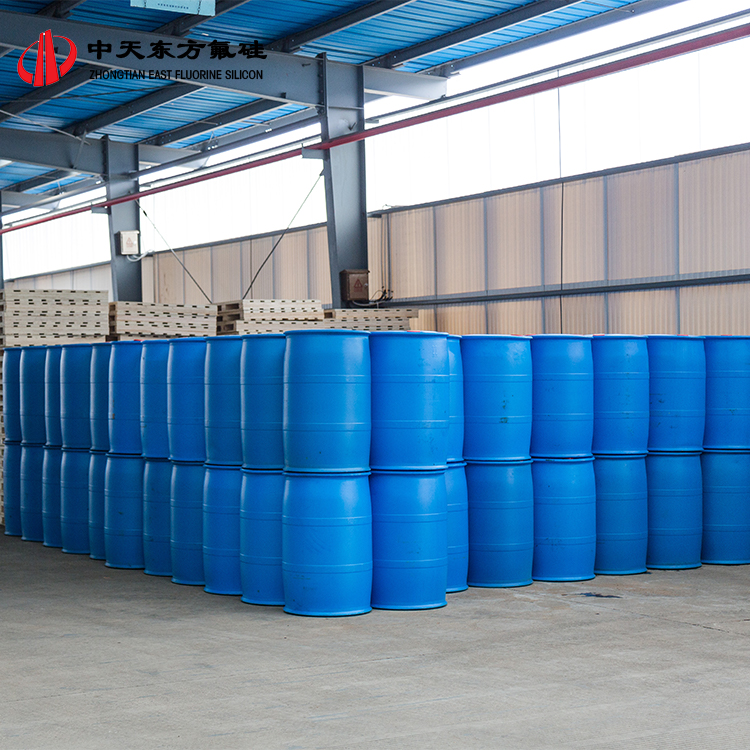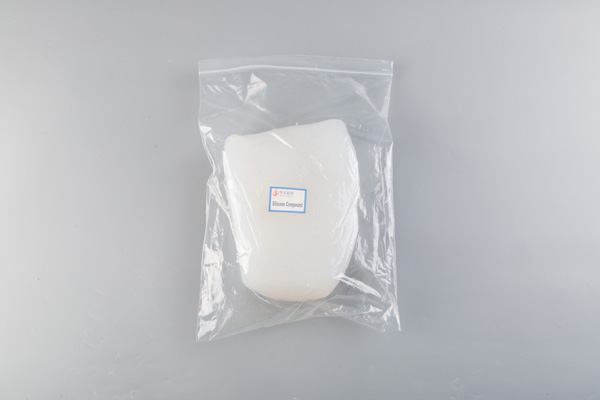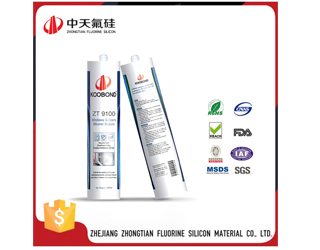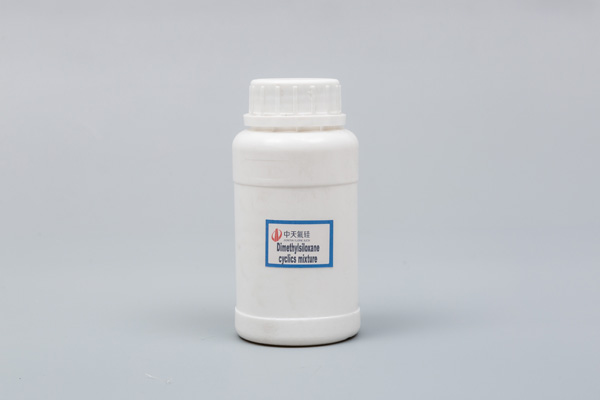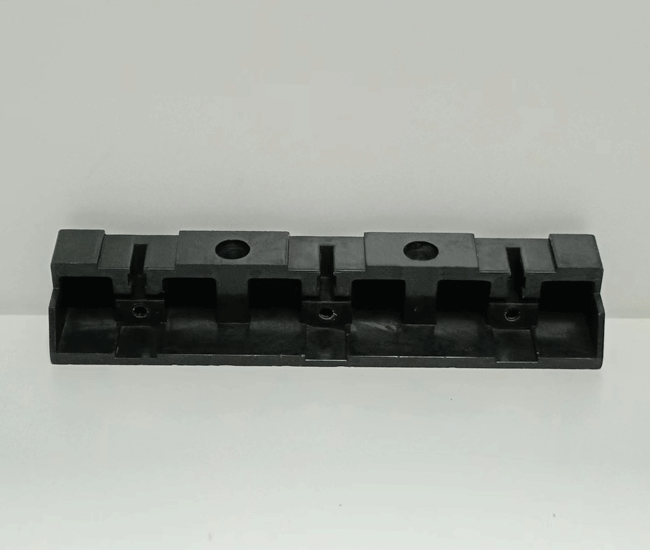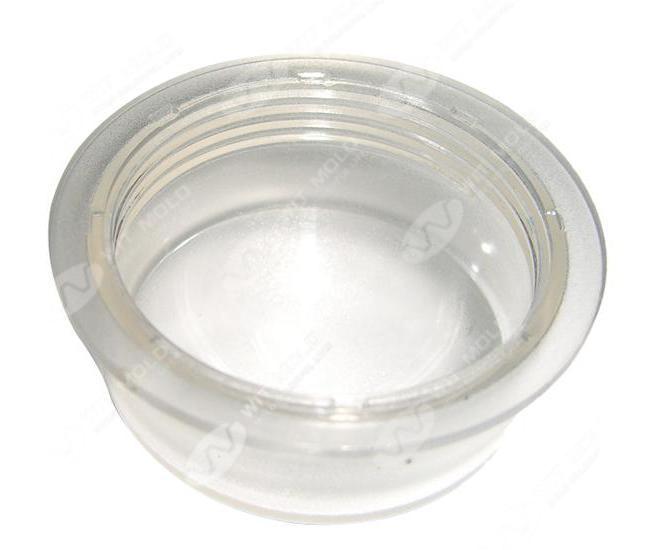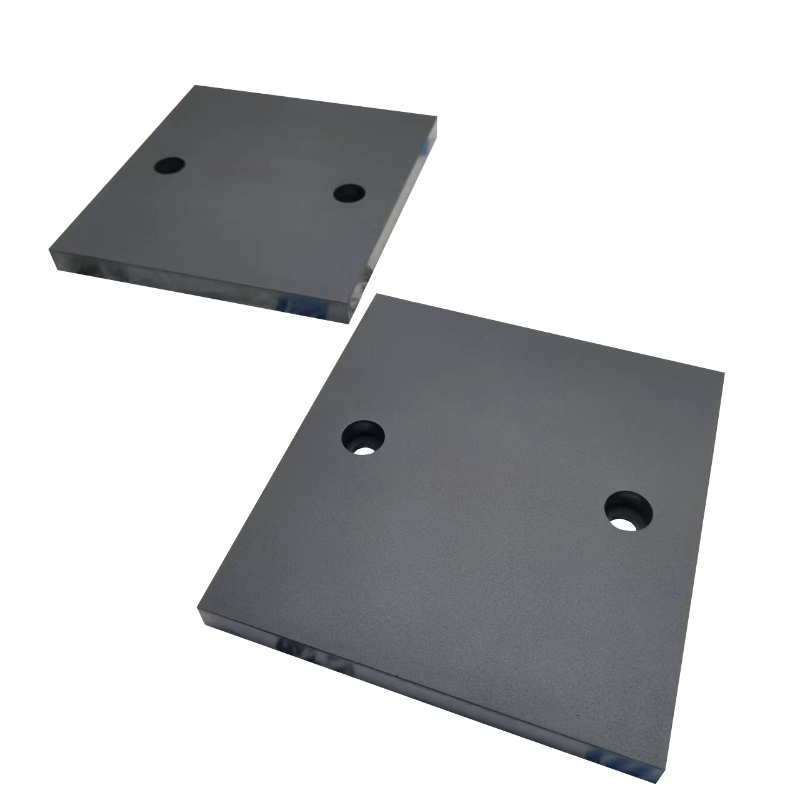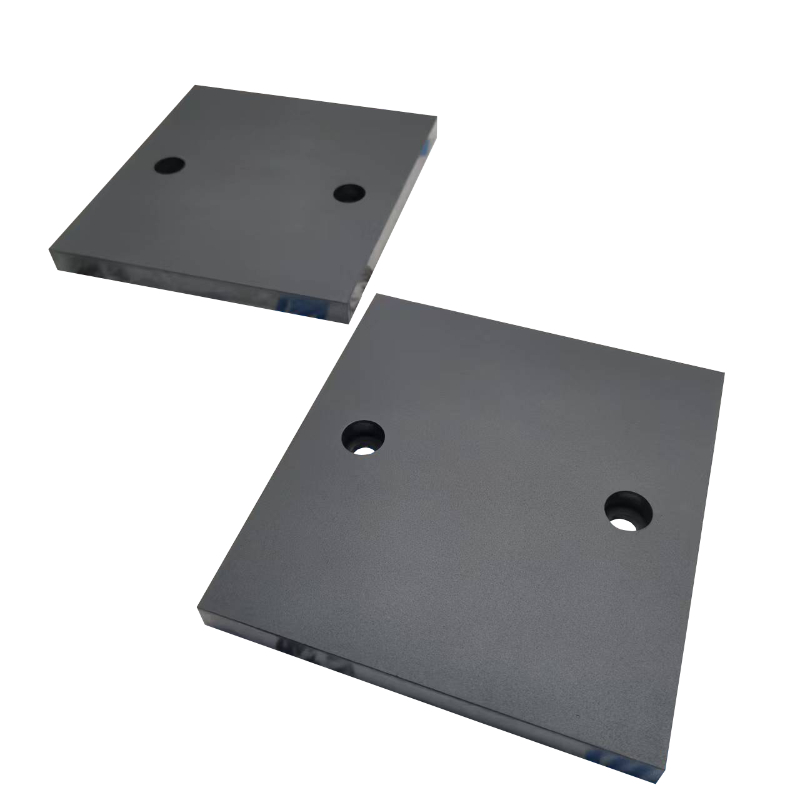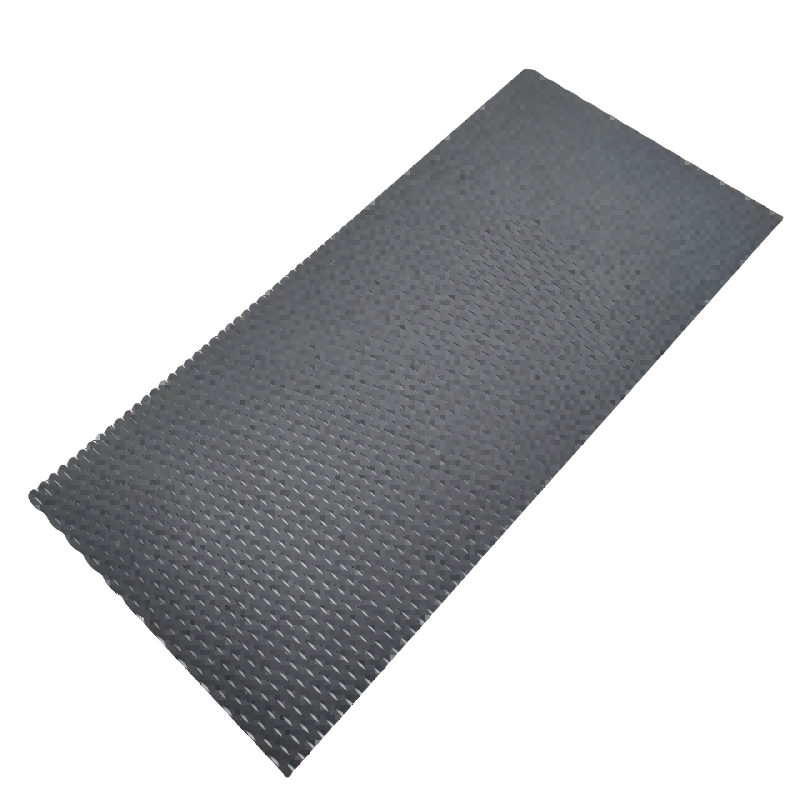Silane Coupling Agents
Silane coupling agent, also known as silane treatment agent and primer, is a kind of low molecular organic silicon compound with special structure. The speciality of silane coupling agent lies in the two types of reactive groups with different chemical properties contained in it. One of the reactive group can react with organic materials, and the other is able to form chemical bonds with inorganic materials. Silane coupling agent is also the most widely used coupling agent today.
Zhongtian Silane Coupling AgentsProduct Series
Zhongtian, a silicone products manufacturer, has its own silane coupling agent product series. If you are looking for high-quality silane coupling agents, we can provide you, an attractive silane coupling agent price, with dimethylcyclosiloxane, hexamethylcyclotrisiloxane, and octamethylcyclotetrasiloxane.
Silane Coupling Agent Application
The silane coupling agent is good at improving the adhesion of organic and inorganic material interfaces and is widely used to enhance the strength and properties of glass fiber reinforced plastics. In recent years, a silane coupling agent is used tothe production of inorganic-organic hybrids, such as laminates for printed circuit boards, artificial marble, plastic magnets, and silica immobilized bioactive substances. In addition to their use for improving interfacial adhesion, various applications for silane coupling agents are being developed. For example, they are now used to synthesize cross-linkable polymers using the reactivity of hydrolysis groups and to obtain antistatic and antimicrobial properties through surface treatment. In the near future, silane coupling agents will be employed in a wider range of fields.
Silane Coupling Agent Wiki
The silane coupling agent is prepared by the addition of chloroform and unsaturated olefins with reactive groups under the catalysis of platinum chloric acid, and then alcoholysis. The silane coupling agent can be expressed by the general formula y (CH2) nSiX3, where n = 0 ~ 3; X = hydrolyzable group, y = organic functional group, which can react with resin. X usually includes Cl, ome, OET, oc2h4och3, osime3, and OAC. Because of this special structure, X molecules have reaction groups that can be chemically combined with inorganic materials (such as glass, silica sand, metal, etc.) and with organic materials (such as synthetic resin, etc.) at the same time, and can be used for surface treatment.
Therefore, through the use of silane coupling agent, a "molecular bridge" can be set up between the interface of inorganic and organic materials, and the two materials with different properties can be connected together. This is also why silane coupling agent is used to improve the properties of composite materials and enhance the adhesion strength.
Application of Silane Coupling Agents
The silane coupling agent is good at improving the adhesion of organic and inorganic material interfaces and is widely used to enhance the strength and properties of glass fiber reinforced plastics. In recent years, silane coupling agent has been used in the production of inorganic-organic hybrids, such as laminates for printed circuit boards, artificial marble, plastic magnets, and silica immobilized bioactive substances. In addition to their use for improving interfacial adhesion, various applications for silane coupling agents are being developed. For example, they are now used to synthesize cross-linkable polymers using the reactivity of hydrolysis groups and to obtain antistatic and antimicrobial properties through surface treatment. In the near future, silane coupling agents will be employed in a wider range of fields. A silane coupling agent is used for the following aspects:
Silane Used in Dentistry
Currently, coupling agents are widely used in oral materials, as of now coupling agents can play a role in improving the performance of the following materials. Besides, silane is widely used in dentistry.
Hazard Identification of Silane Liquid
Eye contact: Silanes can irritate the eyes. Silane decomposes to produce amorphous silica. Eye contact with amorphous silica particles can cause irritation.
Inhalation:
Ingestion: Ingestion is not a likely route of exposure to silane.
Skin contact: Silane can irritate the skin. Silane decomposes to produce amorphous silica. Skin contact with amorphous silica particles can cause irritation.
Chronic symptoms: Further health effects of long-term exposure to silane are not known today.
Damage to organs: Not established
Exacerbation from overexposure: Exposure to silane and its decomposition products can aggravate the condition in people with skin and respiratory diseases.
Carcinogenicity: Not classified as a carcinogen by NTP, OSHA, and IARC.
Selection Principles of Silanes Coupling Agents and Other Coupling Agents
Among the two types of silane coupling agents with mutually different properties, the Y group is the most important, which directly determines the application effect of the silane coupling agent. Only when the Y group can react with the corresponding matrix resin can the bonding strength of organic adhesives be improved. Generally, Y group is required to be soluble with the resin and can start the coupling reaction, so for different resins, it is necessary to choose the silane coupling agent containing the appropriate Y group.
When Y is a non-reactive alkyl or aryl group, it does not work for polar resin but can be used in the bonding of non-polar resin, such as silicone rubber, polystyrene, etc. When Y contains reactive functional groups, it is important to pay attention to the reactivity and compatibility with the resin used. When Y contains an amino group, it is catalytic and can be used as a catalyst in the polymerization of phenolic, urea-formaldehyde, and melamine-formaldehyde, and also as a curing agent for epoxy and polyurethane resins, when the coupling agent is fully involved in the reaction to form new bonds. Aminosilane coupling agents are general-purpose and can couple with almost all kinds of resins, except for polyester resins. x The type of group has no effect on the coupling effect. Therefore, according to the type of reactive group in the Y group, silane coupling agents are also called vinyl silane, amino silane, epoxy silane, mercapto silane, and methacryloyloxy silane, etc. These organic functional group silanes are the most commonly used silane coupling agents.
Silane surface treatment
The silane surface treatment method is to link the inorganic and polymer interfaces by silane coupling agent to obtain the best wetting value and dispersibility. The silane surface treatment method requires a dilute solution of a silane coupling agent to facilitate sufficient contact with the treated surface. The solvent used is mostly water, alcohol, or water-alcohol mixture, and water without fluorine ions and cheap non-toxic ethanol, isopropanol is preferred. Except for ammoniacal silane, the solutions prepared by other silanes need to add acetic acid as a hydrolysis catalyst and adjust the pH to 3.5-5.5. Long-chain alkyl and phenyl silane are not suitable for aqueous solutions because of their poor stability. Chlorosilane and acetoxy silane will be accompanied by serious condensation reactions during hydrolysis, so they are not suitable for aqueous solution or hydroalcoholic solution. For silane coupling agents with poor water solubility, 0.1%-0.2% (mass fraction) of non-ionic surfactant can be added first, and then water can be added to make a water emulsion. In order to improve the economic efficiency of the hydrolytic stability of the product, the silane coupling agent can be mixed with a certain proportion of non-carbon-functional silane. When dealing with difficult-to-adhere materials, a mixed silane coupling agent or with the use of carbon-functional siloxane can be used. After preparing the treatment solution, it can be treated by dipping, spraying, or brushing. Generally speaking, block materials, granular materials, and glass fibers are mostly treated by the impregnation method; powder materials are mostly treated by spray method; the substrate surface that needs overall coating is treated by a brush coating method.
Advantages of Silane Surface Treatment
Silane surface treatment has several advantages compared to traditional phosphating: no harmful heavy metal ions, no phosphorus, no need to add heat. The silane surface treatment process does not produce slag, short treatment time, easy to control. Fewer treatment steps, eliminating the need for surface conditioning, and reusable tank solution. Effectively improve the adhesion of paint to substrates. Co-line treatment of iron, galvanized, aluminum, and other substrates are possible.
Отправить запрос, связаться с поставщиком
Другие товары поставщика
| Mixing Silicone Rubber | Zhongtian East Fluorine Silicon Material Co., Ltd.,a silicone product supplier, mainly engaged in organic silicon monomer, research and development... | |
| Octamethylcyclotetrasiloxane (D4) | Product Name: D4 Silicone Octamethylcyclotetrasiloxane Molecular Formula: (CH3 ) 8 Si4 O4 Octamethylcyclotetrasiloxane CASNo.: 556-67-2 Physical... | |
| Silicone Rubber (HTV) | HTV quality or high-temperature vulcanized silicone rubber is used in the compression molding press. Special silicone rubber materials are chosen b... | |
| Silicone Sealant | Silicone Sealant Silicone sealant is a part of silicone products. It is mainly divided into deacetic acid type, dealcoholic type, deamination type... | |
| SILICON-BASED PRODUCT | Types of Silicon-Based Product We offer a full range of high-quality products and services with over 4 000 catalog products and custom solution of... |
Похожие товары
| Thermoset Molding | Продавец: WIT MOLD LIMITED | Thermoset Molding Key Aspects of Thermoset Molding Materials: Thermosetting Polymers:These inc... | |
| UNSCREWING MOLDS | Продавец: WIT MOLD LIMITED | UNSCREWING MOLDS Unscrewing moldis a type of mold used in injection molding, primarily for produ... | |
| dsa anode | Продавец: Baoji Giant Technology Materials Co., Ltd | dsa anode DSA Anode , also known as dimensionally stable anodes, are titanium or niobium su... | |
| mmo electrode | Продавец: Baoji Giant Technology Materials Co., Ltd | mmo electrode MMO Electrode is the process of using electricity to break down water into hy... | |
| anode for printed circuit board | Продавец: Baoji Giant Technology Materials Co., Ltd | anode for printed circuit board Acid electrolytic copper plating is an important step in t... |





